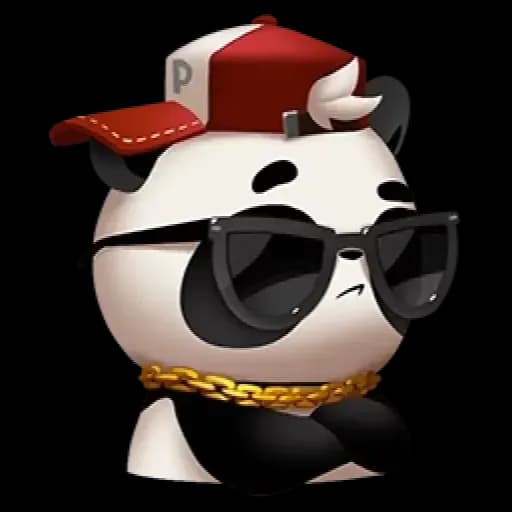The book that changed my life forever is The Quadroon by Thomas Mayne Reid. Technically, it wasn’t the book’s content that transformed me, but rather an event surrounding it. I can hardly remember the plot details because I picked it up when I was about five.
At the time, I hated reading. Every book I was told to read felt boring, and one day my mom, clearly fed up, said, “Alright, stop whining, pick your own ‘perfect book,’ and read it yourself.”
Angry at the whole world, I rushed into the family library and grabbed the first book I saw. Driven by sheer frustration, I forced myself through the first few pages - and then.. magic happened. I got hooked. I couldn’t put it down, and that evening, my parents actually had to pry it away from me. I lay in bed, imagining how the story would unfold.
Over the next few weeks, I finished The Quadroon and then devoured all the other Reid books we had (four or five of them). That led to Walter Scott, Jules Verne, Alexandre Dumas, and more. The Quadroon became my gateway to the world of books, and I still keep the habit of reading at least a few pages on my Kindle every day.
Oh sorry, the lessons...
The value of curiosity and self-discovery. Instead of following what others thought you should do.
Learned to explore and find what truly resonates with me.
Sometimes, stepping out of my comfort zone and approaching things on my own terms can unlock a world of unexpected passions and interests.
Perseverance, even when driven by frustration, can lead to rewarding experiences, and sometimes, pushing through initial resistance can lead to life-changing discoveries.
Books are cool :D





